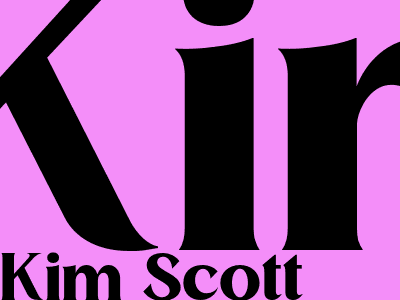SEO: The Ultimate Guide for Bloggers
What is SEO?
Search engine optimization (SEO) is the process of improving the visibility and ranking of a website or web page in search engine results pages (SERPs). By optimizing your website for SEO, you can increase the number of people who visit your site and improve your chances of converting those visitors into customers or leads.
Why is SEO important for bloggers?
SEO is important for bloggers because it can help them reach a wider audience and grow their readership. When your blog posts are optimized for SEO, they are more likely to appear in search results when people are searching for topics related to your niche. This can lead to a significant increase in traffic to your blog, which can help you build your brand and authority in your industry.
How to optimize your blog for SEO
There are a number of different ways to optimize your blog for SEO. Some of the most important factors include:Keyword research
Before you can optimize your blog posts for SEO, you need to know what keywords your target audience is searching for. There are a number of different ways to do keyword research, including using Google AdWords Keyword Planner, Moz Keyword Explorer, or SEMrush.
On-page optimization
On-page optimization refers to the changes you can make to your individual blog posts to improve their ranking in SERPs. Some of the most important on-page optimization factors include:
- Title tags: The title tag is the headline of your blog post and one of the most important factors in SEO. Make sure your title tag is clear, concise, and includes your target keyword.
- Meta descriptions: The meta description is a brief summary of your blog post that appears below the title tag in SERPs. Make sure your meta description is accurate, engaging, and includes your target keyword.
- Header tags: Header tags are HTML tags that help structure your blog post and make it easier for readers to scan. Use header tags to break up your blog post into sections and to highlight important keywords.
- Body content: The body content of your blog post is where you provide the most information to your readers. Make sure your body content is well-written, informative, and includes your target keyword.
- Image optimization: Images can help break up your blog post and make it more visually appealing. However, it is important to optimize your images for SEO by using descriptive filenames and alt tags.
- Internal linking: Internal linking refers to the practice of linking to other pages on your website from within your blog posts. Internal linking can help improve the SEO of your entire website and make it easier for users to navigate your site.
Off-page optimization
Off-page optimization refers to the factors that affect your website's ranking that are outside of your control. Some of the most important off-page optimization factors include:
- Backlinks: Backlinks are links from other websites to your own website. Backlinks are one of the most important ranking factors in SEO, so it is important to build high-quality backlinks to your website.
- Social media: Social media can be a great way to promote your blog and build relationships with other bloggers in your industry. When you share your blog posts on social media, you can reach a wider audience and attract more visitors to your website.
- Local SEO: Local SEO is important for businesses that want to reach customers in their local area. By optimizing your website for local SEO, you can improve your visibility in local search results and attract more customers to your business.

Komentar